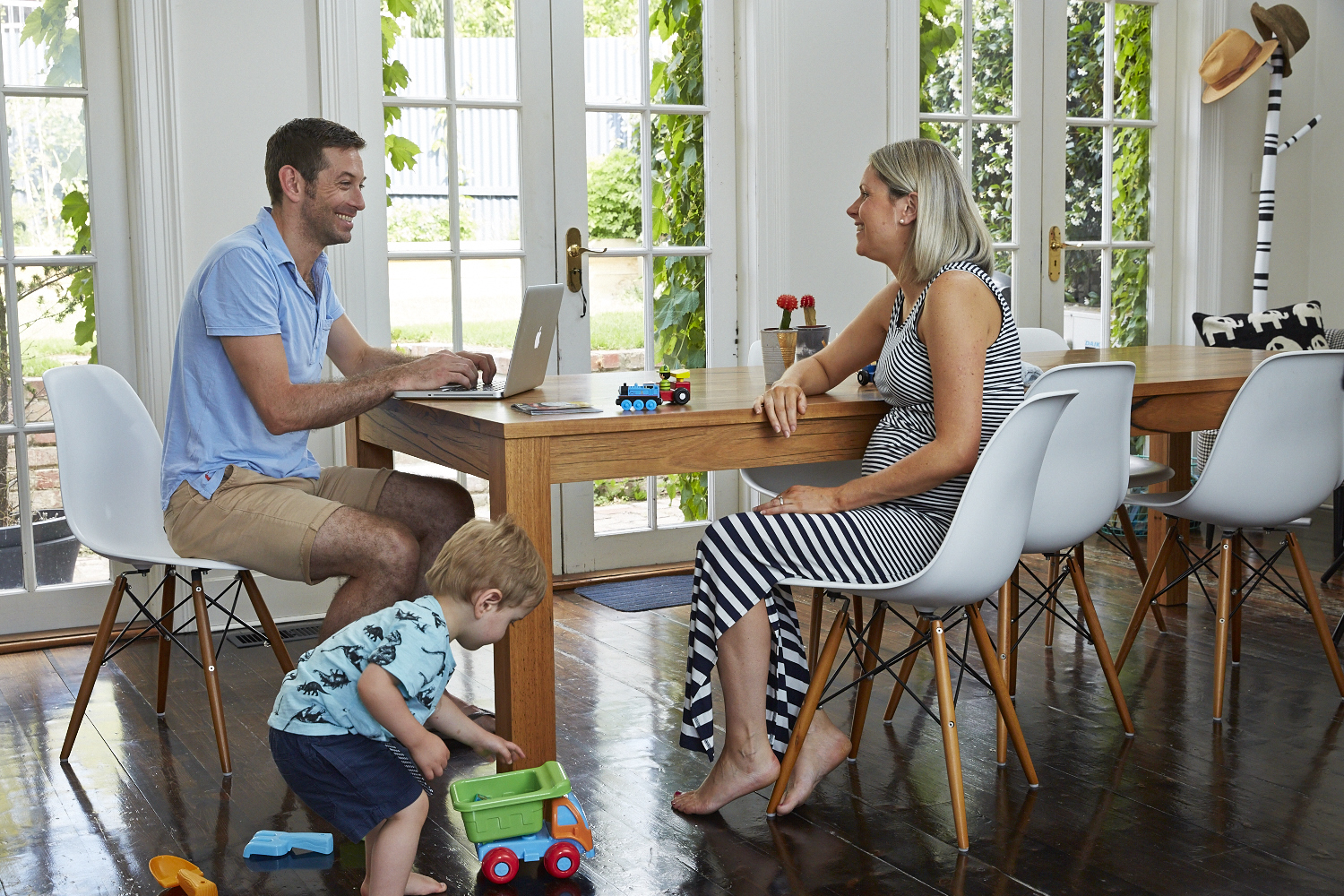According to a report by McKinsey there are 6 types of intervention necessary to bridge the gender gap, which globally could contribute $12trillion to global growth. Isn’t that great?! Someone has finally valued all that work that teaches us how to build connections, how to imagine and how to love, and valued it at $12trillion!!!
Of course, the list of interventions to bridge the gender gap are not quite as exciting, although necessary:
- Financial incentives and support;
- Technology and infrastructure;
- The creation of economic opportunity;
- Capability building;
- Advocacy and shaping attitudes; and
- Laws, policies and regulations.
The most important of these is advocacy and shaping – or reshaping – the attitudes responsible for reinforcing traditional and patriarchal stereotypes. They directly undermine our capacity to achieve equality, but importantly, they also affect the mental health of both men and women:
“Gendered expectations and workloads are most salient in the early stage of the family life cycle when care demands are high and the corresponding division of paid and unpaid labour between mothers and fathers is often inequitable.”
And of course, it becomes a vicious cycle with work then impacting on family, and vice versa.
What Impact Does The Gender Gap Have On Men?
What is less understood is that for men, the impact of those gendered expectations is often seen earlier than at the time of family.
Suicide in Australia is the largest single cause of death in young males aged 15-24 years, accounting for 22% of deaths. According to the Counting the Cost report by Ernst & Young, while both young men and women suffer from anxiety and depression, young men have higher rates of completed suicide, antisocial behaviour and drug and alcohol problems than women. Further, even when those young men at risk are able to identify support services, there is a frequent reluctance to use it.“Both structural and individual factors provide barriers to men’s help-seeking, with young men’s reluctance influenced by a fear of stigma, embarrassment, an over-emphasis on being self-reliant and internalised gender norms. Social norms encourage young men to hide their vulnerabilities and to strive for independence.”
“I reached the pinnacle of success in the business world. In others’ eyes, my life is an epitome of success. However, aside from work, I have little joy. In the end, wealth is only a fact of life that I am accustomed to. At this moment, lying on the sick bed and recalling my whole life, I realize that all the recognition and wealth that I took so much pride in, have paled and become meaningless in the face of impending death. In the darkness, I look at the green lights from the life supporting machines and hear the humming mechanical sounds, I can feel the breath of god of death drawing closer… Now I know, when we have accumulated sufficient wealth to last our lifetime, we should pursue other matters that are unrelated to wealth… Should be something that is more important: Perhaps relationships, perhaps art, perhaps a dream from younger days … Non-stop pursuing of wealth will only turn a person into a twisted being, just like me. God gave us the senses to let us feel the love in everyone’s heart, not the illusions brought about by wealth. The wealth I have won in my life I cannot bring with me. What I can bring is only the memories precipitated by love. That’s the true riches which will follow you, accompany you, giving you strength and light to go on. Love can travel a thousand miles. Life has no limit. Go where you want to go. Reach the height you want to reach. It is all in your heart and in your hands. What is the most expensive bed in the world? – “Sick bed” … You can employ someone to drive the car for you, make money for you but you cannot have someone to bear the sickness for you. Material things lost can be found. But there is one thing that can never be found when it is lost – “Life”. When a person goes into the operating room, he will realize that there is one book that he has yet to finish reading – “Book of Healthy Life”. Whichever stage in life we are at right now, with time, we will face the day when the curtain comes down. Treasure Love for your family, love for your spouse, love for your friends… Treat yourself well. Cherish others.”




